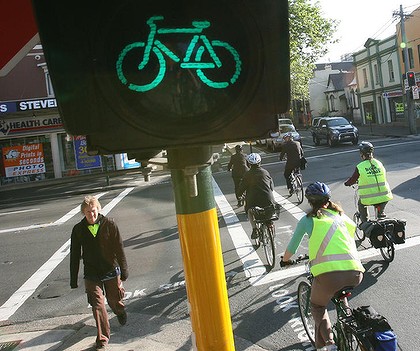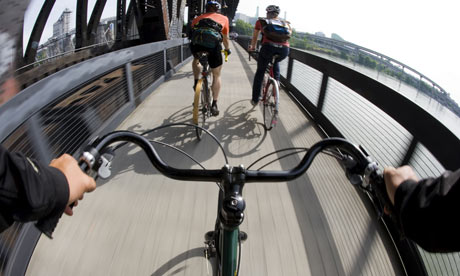TRAFINZ
2009 brought
together over 200 transport professionals and practitioners in
Auckland from September 6-9 to discuss the future of land transport,
road safety, and planning our cities and towns.
Three
Big Themes from the Conference
Theme
1 Transport Future
There
was a clear clash of world views between speakers thinking the future
will be very like the last 50 years in terms of how we get around,
and those who say the world will change and New Zealand risks being
left behind. Whatever your world view, the message was
scenario planning,
New
Zealand is not currently in that space.
Theme
2 Safety
We
know we will fail horribly in meeting the objectives of the current
2010 Road Safety Strategy. This year 420 – 430 people will die on
our roads, the target next year is to get under 300! Transport
Minister Steven Joyce said safety is a key element of the increased
state highway investment
programme. He also discussed ‘Safer Journeys 2020’ saying ‘I
want an action plan out of it’. Disappointingly he said of the 60
initiatives proposed ‘it is not Government’s intention to
introduce anywhere near all of those items’.
Theme
3 Cities are for People
Keynote
speaker Phil Jones from the UK told attendees
about
Home Zones (UK) or Woonerf (Neth) making streets places for people to
be rather than merely to move through. Roads are just to go
‘through’. Movement - design function is to ‘save time’.
Public realm - design function is to ‘spend time'. Phil said
cycling is a bit of a neglected mode in NZ, cycling needs to become
an everyday normal mode, not a lycra thing.




